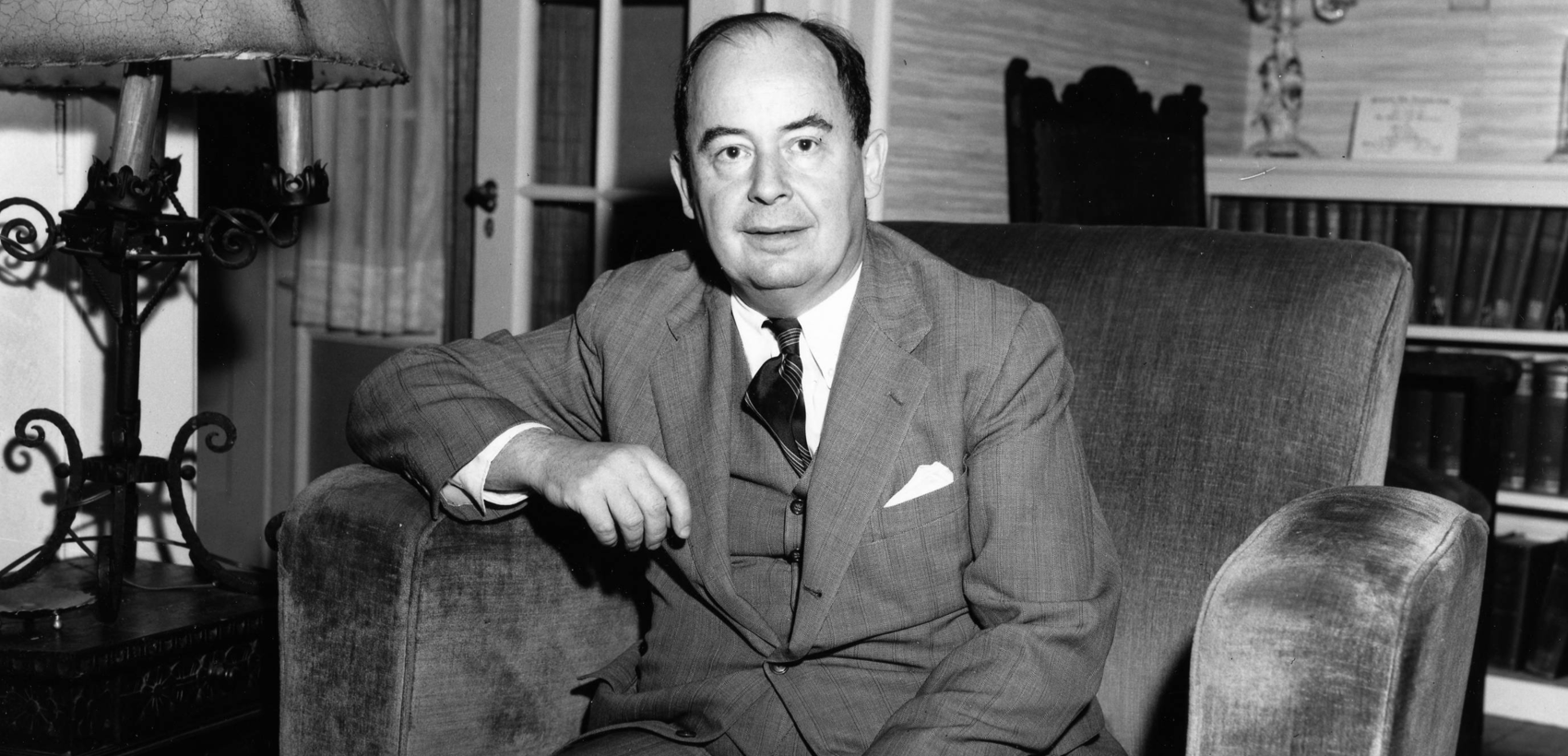“Most mathematicians prove what they can, von Neumann proves what he wants”
Itis indeed supremely difficult to effectively refute the claim that John von Neumann is likely the most intelligent person who has ever lived. By the time of his death in 1957 at the modest age of 53, the Hungarian polymath had not only revolutionized several subfields of mathematics and physics but also made foundational contributions to pure economics and statistics and taken key parts in the invention of the atomic bomb, nuclear energy and digital computing.
Known now as “the last representative of the great mathematicians”, von Neumann’s genius was legendary even in his own lifetime. The sheer breadth of stories and anecdotes about his brilliance, from Nobel Prize-winning physicists to world-class mathematicians abound:
”You know, Herb, Johnny can do calculations in his head ten times as fast as I can. And I can do them ten times as fast as you can, so you can see how impressive Johnny is” — Enrico Fermi (Nobel Prize in Physics, 1938)“One had the impression of a perfect instrument whose gears were machined to mesh accurately to a thousandth of an inch.” — Eugene Wigner (Nobel Prize in Physics, 1963)“I have sometimes wondered whether a brain like von Neumann’s does not indicate a species superior to that of man” — Hans Bethe (Nobel Prize in Physics, 1967)
And indeed, von Neumann both worked alongside and collaborated with some of the foremost figures of twentieth century science. He went to high school with Eugene Wigner, collaborated with Hermann Weyl at ETH, attended lectures by Albert Einstein in Berlin, worked under David Hilbert at Göttingen, with Alan Turing and Oskar Morgenstern in Princeton, with Niels Bohr in Copenhagen and was close with both Richard Feynman and J. Robert Oppenheimer at Los Alamos./.../

No comments:
Post a Comment